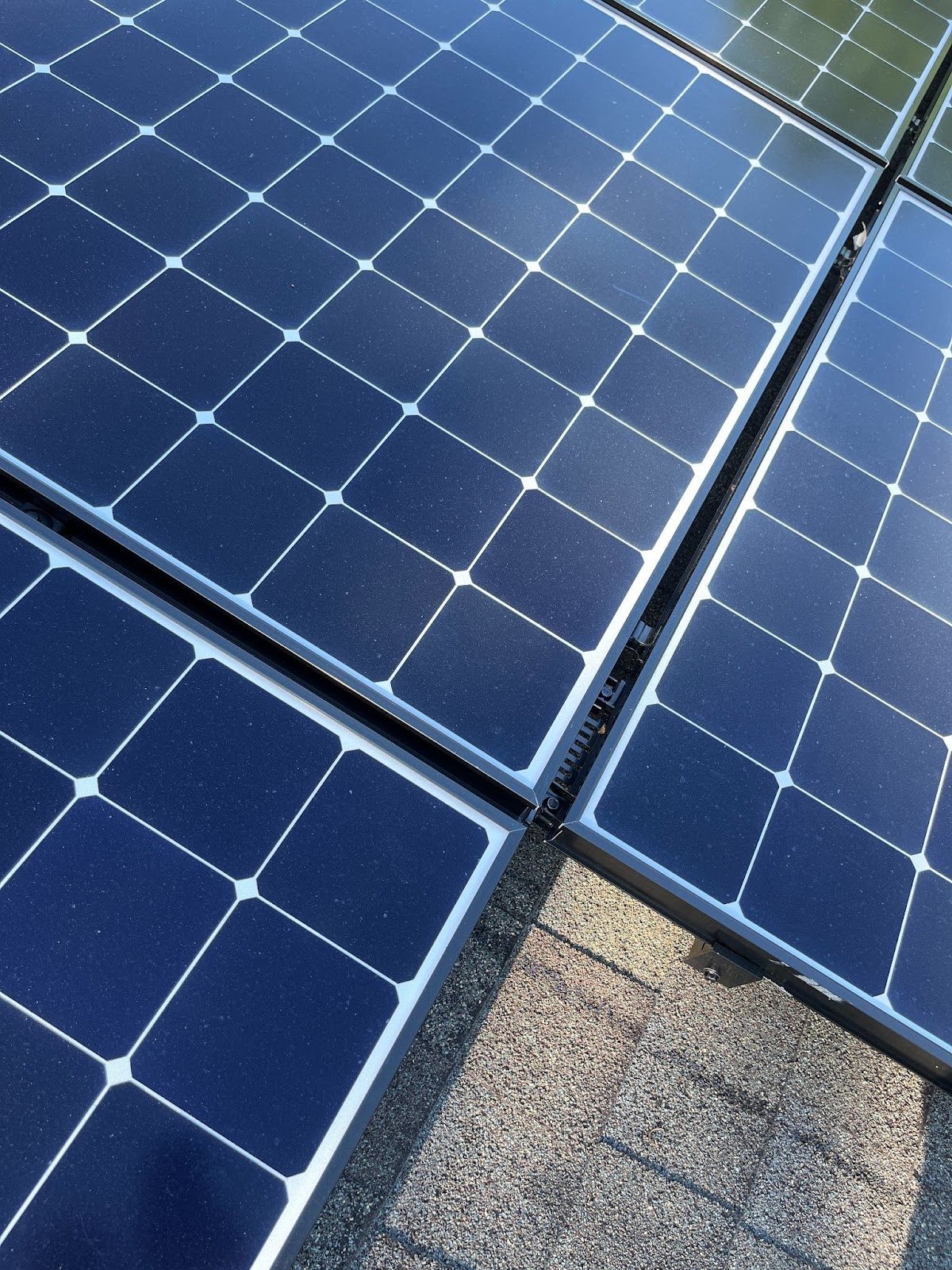
Ready to save money and the planet?
Take the first step towards a greener and more cost-effective lifestyle by reaching out to our expert team. We offer personalized assessments to determine the feasibility of solar installation for your property.
Reasons Why Homeowners Are Switching to Solar
Solar energy is often regarded as the best solution for sustainable power generation due to its numerous advantages. Firstly, solar power is clean and renewable, producing no greenhouse gas emissions or air pollution during operation, thus mitigating climate change and reducing environmental impact. Additionally, solar energy offers energy independence by harnessing a free and abundant resource—the sun—that is accessible to virtually everyone. Furthermore, solar power provides long-term cost savings by reducing electricity bills and offering stable, predictable energy costs over the system's lifespan. With its versatility, scalability, and ability to be deployed in diverse locations, solar energy represents a scalable and adaptable solution for meeting energy needs while promoting sustainability and resilience.
2. Environmental Benefits
Concerns about climate change and environmental sustainability motivate many people to switch to solar energy. Solar power is a clean, renewable energy source that produces no greenhouse gas emissions or air pollution during operation, making it an environmentally friendly alternative to fossil fuels.
5. Property Value Enhancement
Installing solar panels can increase the value of residential and commercial properties by reducing energy costs, enhancing energy efficiency, and demonstrating a commitment to sustainability. Solar-equipped properties often command higher resale values and attract environmentally conscious buyers and tenants.
1. Cost Savings
One of the primary reasons people switch to solar is the potential for significant cost savings on electricity bills over the long term. By generating their own electricity from solar panels, homeowners and businesses can reduce or eliminate their dependence on grid-supplied electricity and hedge against future energy price increases.
3. Government Incentives
Financial incentives such as tax credits, rebates, and grants offered by federal, state, and local governments can make switching to solar more affordable and attractive. These incentives help offset the upfront costs of solar installation and improve the return on investment for homeowners and businesses.
4. Energy Security and Reliability
Solar energy provides greater energy security and reliability by diversifying energy sources and reducing dependence on centralized power plants and foreign energy imports. Solar panels can continue to generate electricity even during power outages or emergencies, providing a reliable source of backup power for critical systems.
The decision to switch to solar is influenced by a combination of economic, environmental, and personal factors, as well as the availability of incentives and advances in solar technology. As solar energy continues to become more accessible, affordable, and widespread, more people are likely to make the switch to solar in the future.





